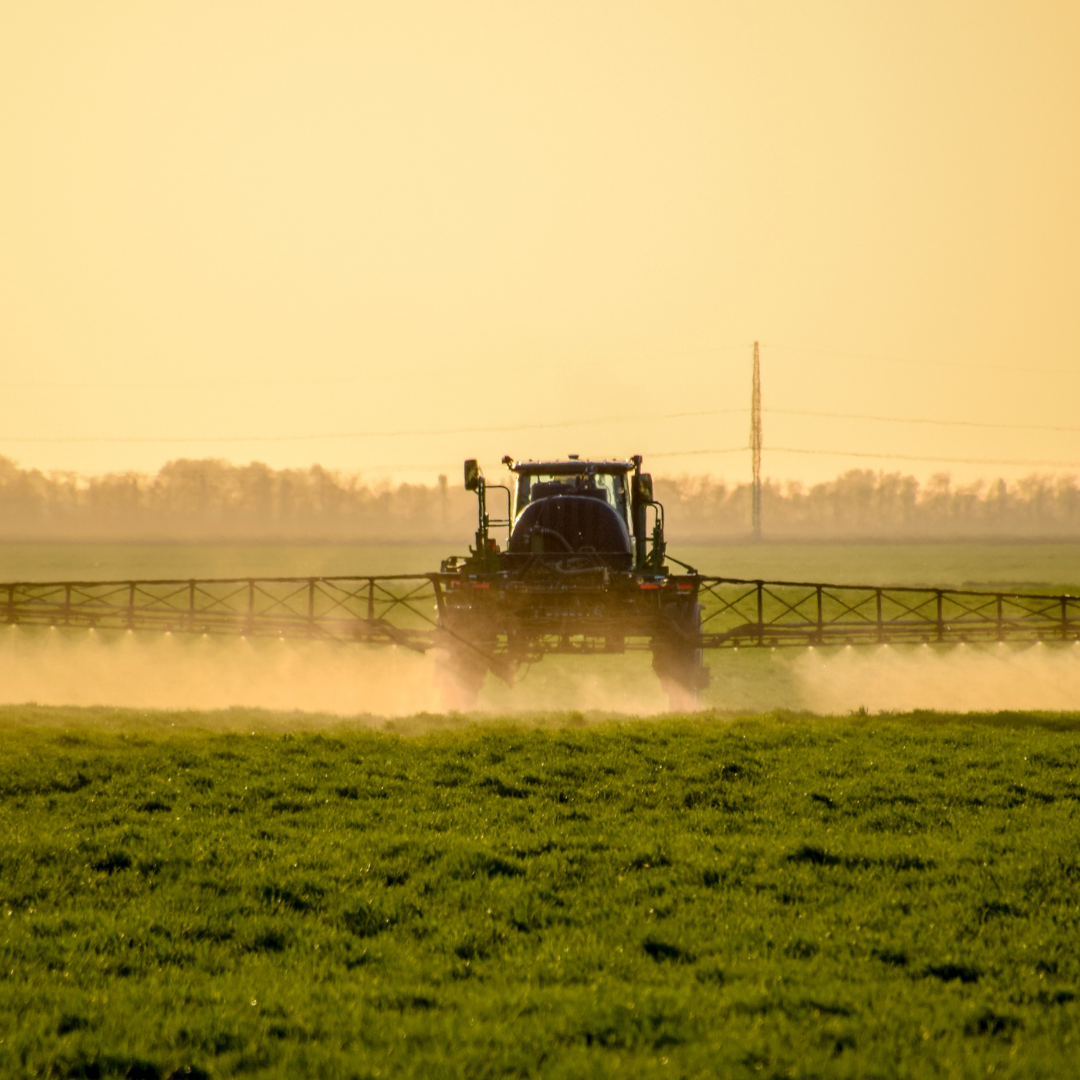
How glyphosate impacts your gut health and microbiome
Glyphosate is one of the most commonly used herbicides in the United States and around the world. It’s found in transgenic crops like corn, soy, and canola oil, and while it’s healthy for those crops, glyphosate might not be as healthy for your gut.
Many countries have banned glyphosate for a variety of reasons including the fact that it has been linked to the disappearance of bees worldwide and connected to a decrease in biodiversity. But glyphosate isn’t only bad for the bees — it’s bad for humans as well.
The majority of scientists now believe that glyphosate negatively impacts our gut health — researchers in Finland found that 54% of the human microbiome has possible sensitivities. Other studies have linked it to specific problems in the gut, such as celiac disease and leaky gut syndrome.
How glyphosate affects the body
When glyphosate is sensed in the body, the gut begins producing more microbes in an effort to combat it. Microbiome diversity decreases, meaning that not as many microbes are being produced to address other diseases and health issues. Long-term imbalance of the microbiome can weaken the gut overall.
It’s important to know that the gut also directly impacts mental health, so the ramifications of glyphosate reach beyond just the esophagus. A 2018 study found that glyphosate’s impact on the gut can lead to higher rates of depression and anxiety. Gut health also impacts the immune system, brain health, digestive system, and more.
Because of glyphosate’s adverse effects, California law currently requires a warning on all foods containing glyphosate. However, a 2011 study found that it is in 60-100% of air and water worldwide, making it impossible to avoid even in California or countries where it’s banned.
Protecting the body against glyphosate
It seems like glyphosate is in the air, water, and food, so how can we protect our gut against it? A supplement is one of the best ways. Two of the best supplements are MEGA IGG 2000 and GI Repair.
There are also some lifestyle choices that can reduce exposure to glyphosate, including:
- Buy non-GMOs foods and foods with USDA-certified organic labels.
- Use natural weed killers at your home.
- Avoid parks, playgrounds, and other public spaces after they have been treated with weed killers using glyphosate.
Lifestyle choices combined with a supplement can allow you to improve gut health, despite the unavoidable presence of glyphosate.



